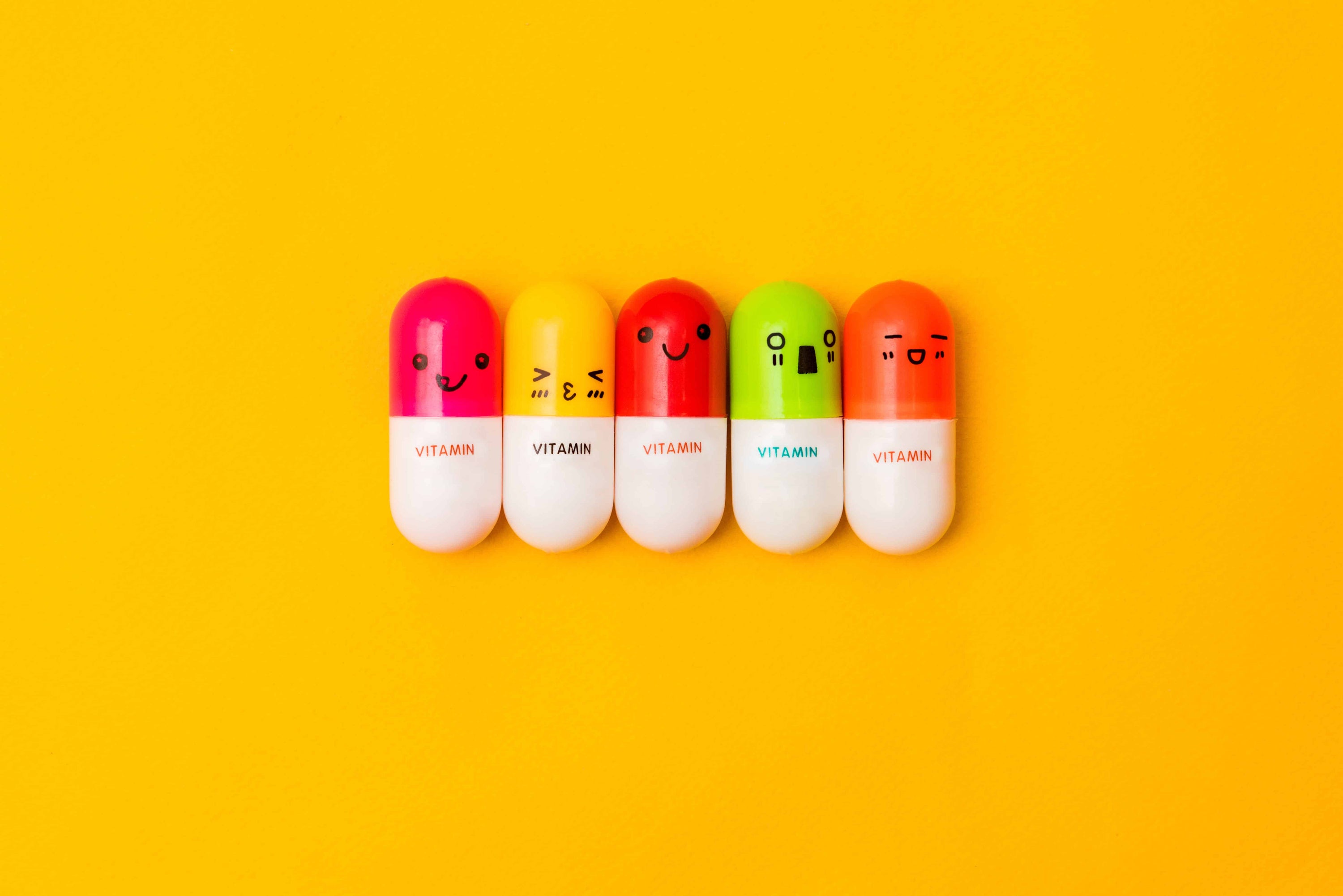Mood support has moved from niche to mainstream. In 2025, it’s one of the fastest-growing wellness categories — and a new focus is leading the charge: natural dopamine support.
Where serotonin once dominated the conversation, today’s buyers are seeking solutions that boost drive, motivation, focus, and resilience. And that shift is creating a timely opening for private label brands to deliver clean, functional supplements that speak to real-life stress, fatigue, and mental load.
Here’s why dopamine-focused products are trending — and how brands can build around them.
Why Dopamine? Why Now?
Dopamine is tied to energy, attention, pleasure, and reward — in short, it’s what fuels momentum. Consumers juggling stress, screen time, and mental fatigue are seeking:
-
Sharper focus without caffeine
-
Motivation and consistency
-
Mood stability under pressure
-
A non-pharma approach to burnout
Increased awareness of how dopamine works — and how modern life depletes it — is shifting demand toward supplements that restore natural balance and drive.
Key Ingredients to Watch in 2025
The following ingredients are leading private label formulas focused on dopamine regulation:
1. L-Tyrosine
An amino acid and direct dopamine precursor. Known for supporting focus under stress.
2. Mucuna Pruriens
Contains natural L-Dopa. Often included in adaptogen or brain blends for mood and energy.
3. Rhodiola Rosea
Adaptogen that helps regulate dopamine and reduce fatigue. Common in stress-performance formulas.
4. B6, B9 (Folate), B12
Essential for neurotransmitter production. Work synergistically with amino acid inputs.
5. SAM-e
Supports methylation and dopamine synthesis. Also used for mood stabilization.
6. Ginseng
Enhances dopamine receptor activity. Supports mental stamina and motivation.
7. DL-Phenylalanine
May help preserve dopamine levels by slowing breakdown. Good for mood elevation.
Formulation tip: Don’t overload. Two or three synergistic ingredients in clinical doses are often more effective — and easier to explain — than crowded blends.
Formats That Fit Today’s Buyers
Dopamine-support supplements perform best when they match user habits:
-
Capsules: Trusted format for clean nootropics or daily focus blends
-
Gummies: Friendly for stress-relief or energy-minded younger buyers
-
Stick packs: Ideal for workday routines, hydration + focus combos
-
Powders: Smoothie-friendly for wellness-forward audiences
-
Liquid shots: On-the-go delivery for fast-acting mood and clarity
Match the format to the daily context — not just the claim.
Winning Brand Positioning for Mood Support
Dopamine support isn’t sold on buzzwords — it’s sold on feeling. Top-performing messaging strategies are:
-
Benefit-first: “Clearer focus,” “motivation you can feel,” “daily mental reset”
-
Lifestyle-aligned: Tailored to burnout, digital fatigue, emotional flatness
-
Caffeine-free clarity: A big win for stimulant-conscious users
-
Routine-based: “Take daily, feel in 5–7 days” builds habit and trust
Skip the heavy science — lead with outcomes people actually want.
Who’s Buying These Products in 2025?
The dopamine category attracts a wide and growing buyer base:
-
Remote workers battling distraction and fatigue
-
Young professionals managing workload and side hustles
-
Creatives and students seeking non-jittery focus
-
Women 30–45 looking for hormone-friendly mood support
-
Biohackers and health optimizers testing mood metrics
This is mainstream wellness — not a niche anymore.
Why Private Label Brands Have the Edge
Most established supplement brands are still focused on general “mood support” or stress. The dopamine space is early — and wide open. That means private label operators can:
-
Move quickly to market
-
Target niche audiences with real intent
-
Launch low-MOQ test runs
-
Brand around lifestyle, not clinical categories
If you already serve a wellness community, this product category adds value — and makes sense.
Final Thoughts
Dopamine support taps into something deeper than energy — it supports purpose, mood, and follow-through. And in today’s high-output culture, those are things people are actively trying to regain.
For private label brands, this is a rare moment: an underserved space with real science, clear demand, and product formats that consumers are eager to try.
You don’t need to chase trends. You can define this one — and own your niche before it goes mass.





